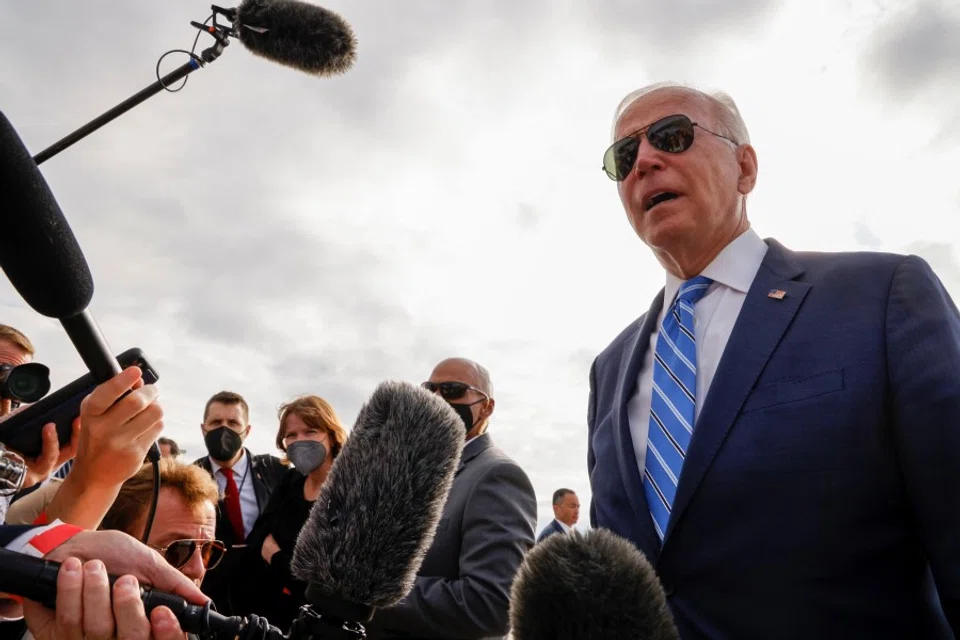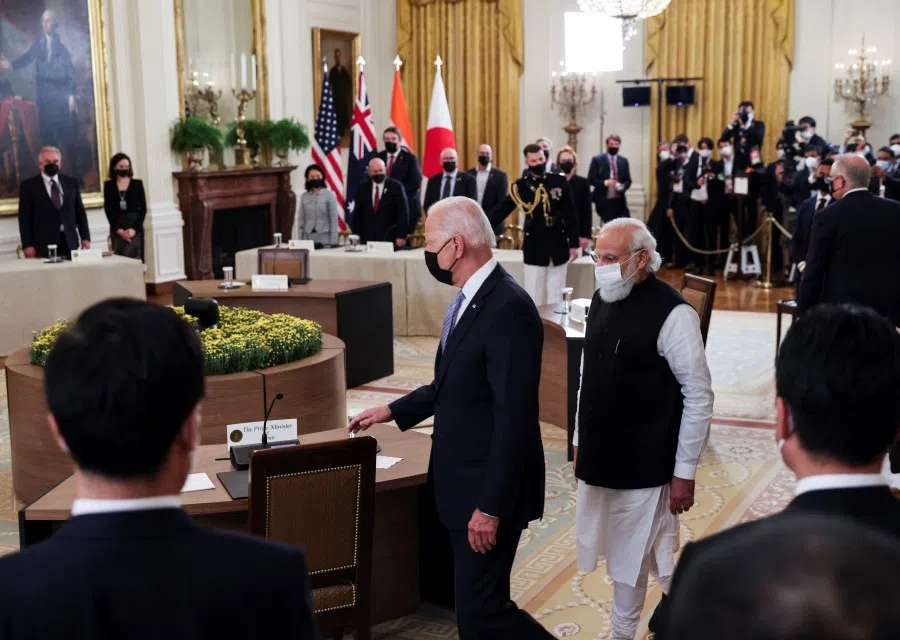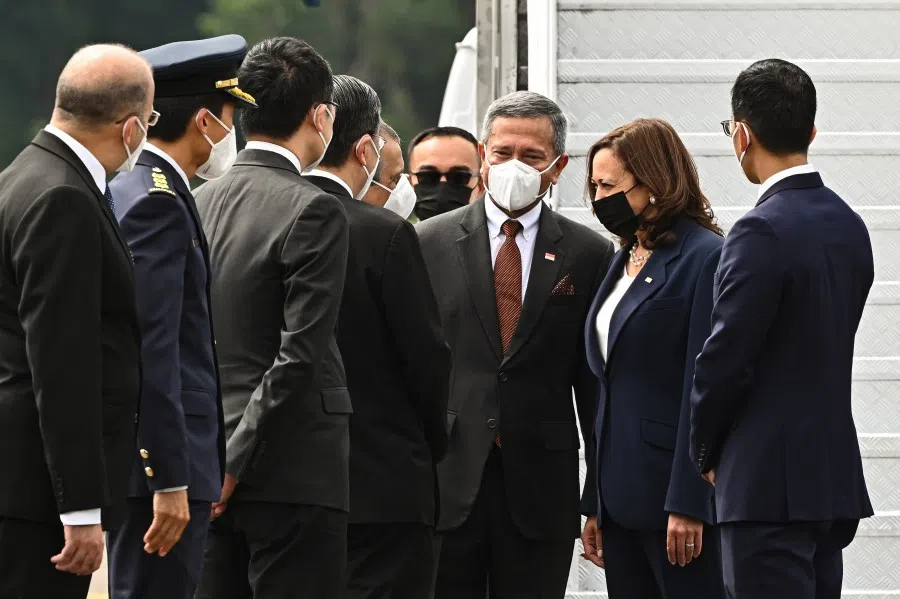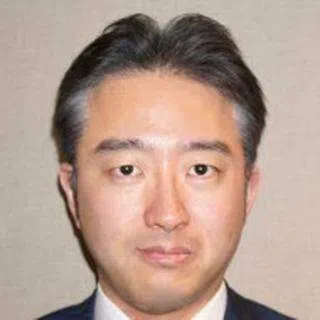Japanese academic: US moving away from ASEAN centrality to defend its regional interests
With AUKUS and the Quad, Japanese academic Sahashi Ryo argues that the US is seeking to distance itself from the region's ASEAN-centric mechanisms, despite assurances to the contrary. While both the US and China are working hard to make their presence felt in the region, Ryo says someone is acting out of undue haste and probably needs more time to figure out how to create its desired world order under mounting competition.

The confrontation between the US and China is ongoing, with the US continuing to send a barrage of responses borne of increasing frustration at China's unfair practices, afraid that China will catch up in the areas of science, technology, and economics.
Retaliatory tariffs against China have also been maintained, although some media reports say that the US government is considering launching a new Section 301 investigation into China's industrial subsidies.
From a short-term perspective, the situation in the Taiwan Strait seems to be stabilising. However, the US shows no real sign of restraint in its efforts to strengthen Taiwan-US exchanges, aside from keeping within the scope of its "one-China" policy, a stance reciprocated by Taiwan. China's impatience is becoming par for the course.
An instinct for self-preservation
The deepening clash of different worldviews underpinning these retaliatory policies between the US and China is a main feature of the Biden administration era.

For example, senior officials of the Biden administration recognise that the US now stands at a historic turning point - similar to that faced by President Franklin Roosevelt's internationalism and its related projects eighty years ago - believing that a new major project is needed to defend the world of liberal democracy against the changing balance of power due to the rise of China and the challenge to democracy posed by authoritarianism in countries such as China and Russia.
That is to say, the US seems to think that it should envision and shape the rebuilding of cooperative relationships with other countries and international systems to defend its own world of democracies, just as it did at the historical moment of the end of World War II or the end of the Cold War.
...in order to defend its political system, China has begun to exercise proactive control not only over its domestic politics but also over its domestic economy.
Needless to say, China has an entirely different view of the world and has no intention of trying to redraw the international order that at the present time is centred on the developed countries.
On the other hand, in order to defend its political system, China has begun to exercise proactive control not only over its domestic politics but also over its domestic economy.

The US and China have begun to display an instinct for self-preservation, and moves by the US, in particular, could have a huge impact on the region.
The AUKUS security pact between Australia, the US and the UK was announced without warning, and the Quad summit with leaders of Japan, the US, Australia, and India was held in late September at the behest of the US. Whereas the last summit six months ago was held online on 12 March, this time it was held face to face.
Even if consideration of ASEAN centrality is present in the wording, a true intention is lacking.
These constructs came about from a wish to place a US-led and US-driven mechanism at the centre of the regional security architecture. In other words, the US is seeking to distance itself from the region's ASEAN-centric mechanisms and to ensure the central status of the US through memberships such as US alliances and partnerships.
The move is still in its infancy, but such ideas will gradually take on concrete form in the future. Even if the consideration of ASEAN centrality is present in the wording, a true intention is lacking.

How successful this will be, remains to be seen.
The US is not expected to return to the CPTPP for the time being, and China has indicated its willingness to join the CPTPP. Needless to say, China will not be able to withstand high levels of economic liberalisation and rules. However, it is showing the determination to crack down on the US when it comes to economic diplomacy.
US acting in undue haste
On the other hand, the impression that the Biden administration has poor diplomatic skills is being reinforced. For some reason, it repeatedly sent government officials to Singapore and Vietnam among the ASEAN members, ruffled France more than was necessary with the AUKUS framework, and above all, made itself look cruel in the eyes of the international community when it withdrew from Afghanistan. It is also said that Chinese President Xi Jinping turned down a proposal by President Biden for a face-to-face meeting following a telephone summit with China.
Perhaps this self-protective instinct is working in overdrive. The Biden administration appears to be acting in undue haste. More time is needed to allow the Biden administration to make an accurate assessment of the current situation in each region of the world, and acquire the skill of making wise decisions on what to add to the current situation in order to create the desired world order.
In the meantime, if we are to prevent the world from heading in an illiberal direction, we must not let down our guard.
Related: Are two camps forming around China and the US? | Chinese academic: It's time to make the US safe for the world | Shifting alliances in the Middle East: Countering the China threat with an Indian Ocean triangle | AUKUS: Aggravating tensions and dividing the world | The US has AUKUS. Where are China's alliances? | Be present but don't fight with China: Can the Quad fulfill this tall order from ASEAN? | China joining the CPTPP: It's a matter of time | How can China benefit from the CPTPP?





